A new consensus document of recommendations for the prevention of the “nocebo” effect in biosimilar-treated patients with irritable bowel disease (IBD) noted that the issue was under-recognized and may negatively impact cost savings.
The authors of the NOCE-BIO Consensus Group, publishing the document in Alimentary and Therapeutics, convened a group consisting of 19 members from across Europe. In their introduction, the researchers took care to explain what the nocebo effect was, defining it as “a negative effect of a pharmacological or nonpharmacological medical treatment that is induced by patients’ expectations, and that is unrelated to the physiological action of the treatment.” Whether or not the nocebo effect leads to unnecessary cessation of treatment, they said, comes mainly indirectly from open-label studies rather than double-blind studies. To this end, the writing group set out to review the literature and develop recommendations for prevention and management of the nocebo effect in IBD patients treated with biosimilars. They agreed upon the recommendations, with varying levels of evidence, via a voting process detailed in the manuscript. A statement was considered “accepted” if more than 75% of participants voted to agree (4) or strongly agree (5) on a scale of 1 to 5.
The authors focused specifically on information about prevention and management of the nocebo effect was undertaken. While conducting their search across PubMed/MEDLINE, EMBASE and the Cochrane Central Database, they noted that randomized controlled trials looking specifically at these things “were lacking,” noting that only one interventional study looking at the nocebo response rate in biosimilar-treated IBD patients could be located. A majority of the indirect evidence they found “was extrapolated from studies conducted in patients with rheumatic diseases.” No data on etiology and risk factors of the nocebo effect for this population could be located, although one systematic review was able to summarize contributing factors.
According to their results, the nocebo effect occurred in 12.8% of patients in one of the studies converting patients with different immune-mediated inflammatory diseases from infliximab originators to a biosimilar (an open-label outcomes study of 260 patients, 64 of whom had IBD), and then evaluated the nocebo effect for other indications. In the studies involving patients with rheumatological conditions, they observed similar rates between them and the biosimilar-treated patients with IBD. They identified five predictors of the nocebo effect: learning by social observations; perceived dose; verbal suggestions for arousal and symptoms; type of clinical condition, and baselines symptom expectations.
“The nocebo effect is under‐recognized in the era of biosimilars, although it may negatively impact on the cost‐savings of biosimilars,” they concluded. “Future research should focus on the magnitude, the risk factors, the impact, and the management of the nocebo effect in biosimilars‐treated IBD patients.”
Read more at Alimentary Pharmacology and Therapeutics

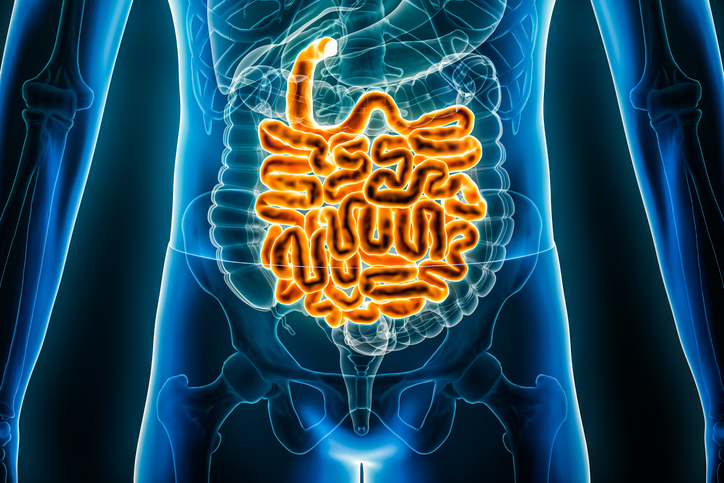
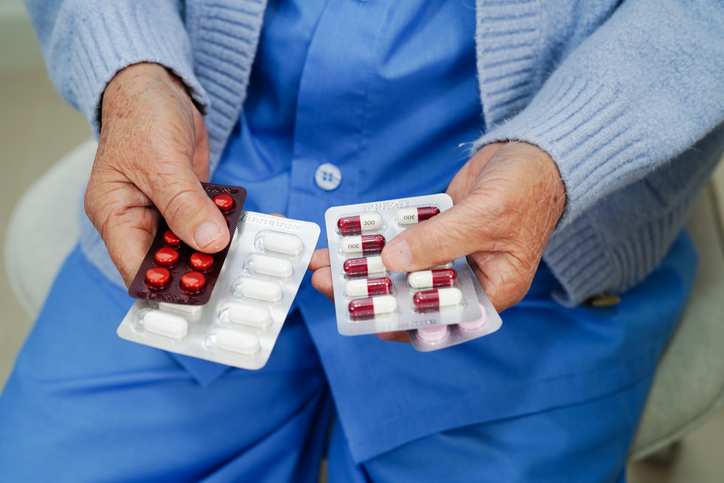
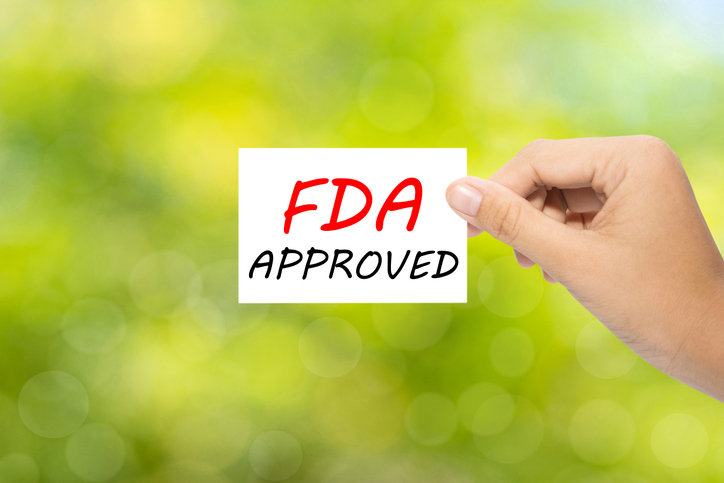
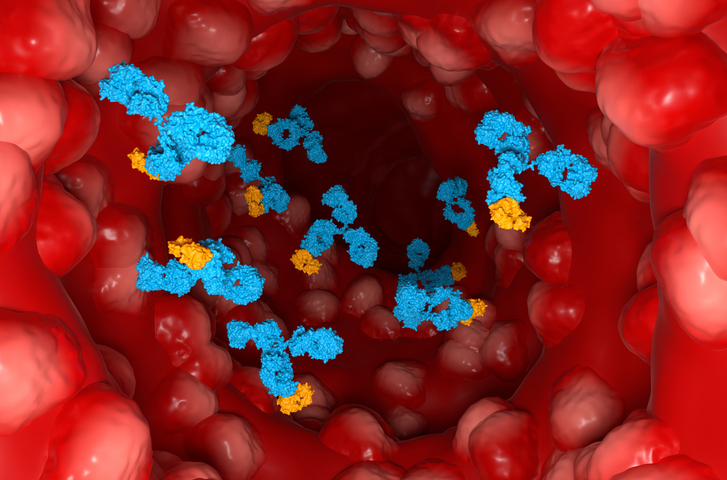
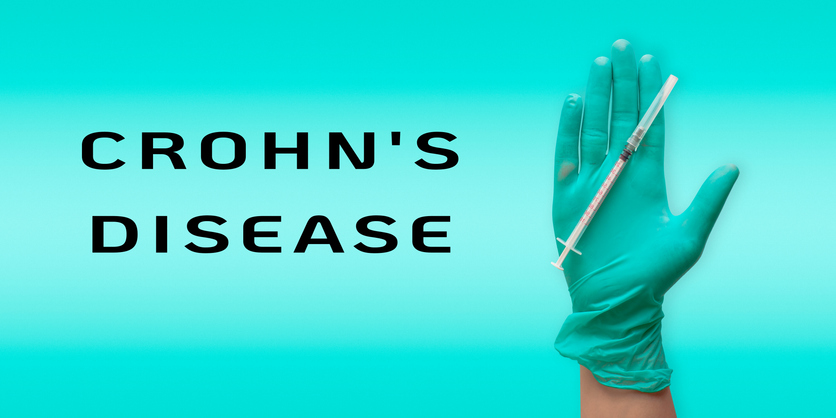

 © 2025 Mashup Media, LLC, a Formedics Property. All Rights Reserved.
© 2025 Mashup Media, LLC, a Formedics Property. All Rights Reserved.